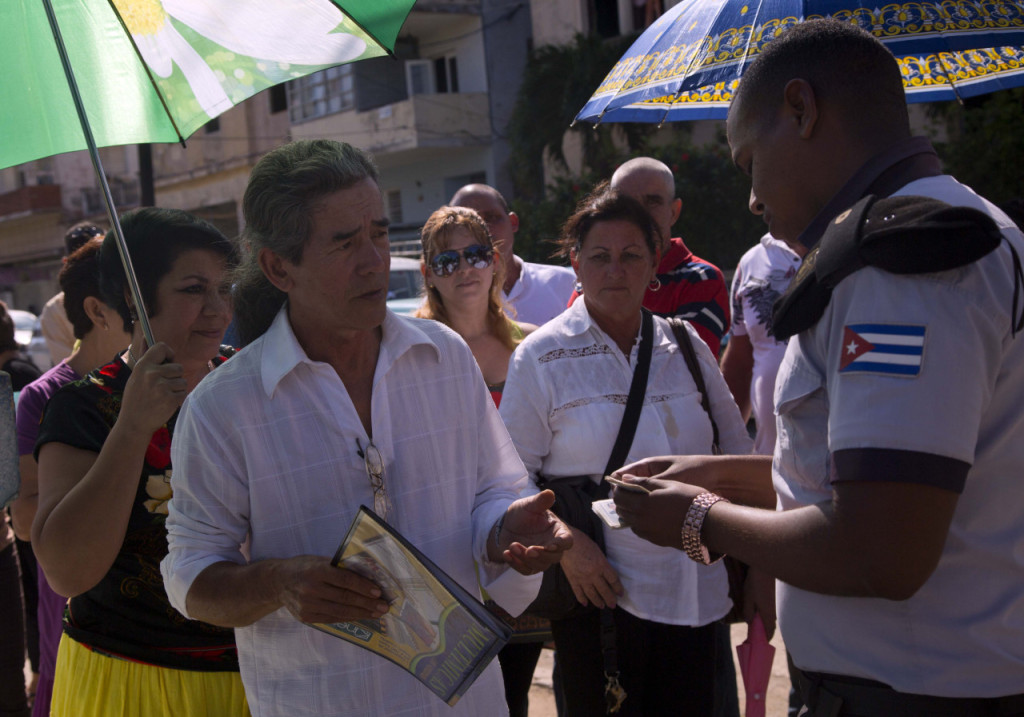Should the Canadian consulate rescue troubled citizens abroad?
By Elliot Chan, Opinions Editor
Travellers know the danger of visiting a foreign country; it’s the little extra spice in travelling. They hear stories on the television about political unrest, radical rebels, and petty criminals. Still, their desire to see the world is not dampened by the risks. Travellers know if something happens to them abroad, their citizenship is enough for them to get noticed. Someone back home will care about and miss them. Their government will do whatever it takes to get them back. But what if the travellers were the troublemakers? Should they be brought back home and punished as Canadians?
We all get that anxious feeling when we cross the security checkpoint at airports. Sure, we know that we haven’t committed any crimes and that we aren’t packing any contraband, yet we still worry because the alternative of being guilty is so scary. Put yourself in the shoes of a smuggler; put yourself in the shoes of a smuggler being detained; then put yourself in the shoes of a smuggler sentenced to death. So, I ask again, should Canada save you?
Currently, the Canadian consular office provides detainees the ability to communicate with their home country, presents proper nutrition, and connects them with a legal representative, but it does not get them out of jail or post their bail or make travel accommodations for their family. Although some countries have transfer of offender arrangements—including Brazil, United Kingdom, and Thailand—many other countries don’t. The Canadian Department of Foreign Affairs, Trade, and Development has a lot of limitations when it comes to another country’s judicial system.
Travellers are not just Canadian citizens; they must also be citizens of the world. To say that they don’t know the law in another country isn’t a good excuse. That is just ignorance and deserves to be punished. The same way you wouldn’t jump into an ocean if you don’t know how to swim or what lies beneath, you shouldn’t dive into a foreign country if you don’t know what will pose harm for you, the locals, and your country’s image.
Remember that when you’re abroad you’re a representative of your homeland, regardless of where you’re from and what your background is. As much as you want to have an awesome time and make wonderful memories, it’s also important to respect other people’s home and country. Remember that you’re a guest and that you’re not entitled to anything. Be respectful and treat Cambodia, Cameroon, and Colombia the way you would treat Canada. If you follow ethical behaviour wherever you go—you know, the kind of stuff your mother taught you—you likely stay out of trouble.



